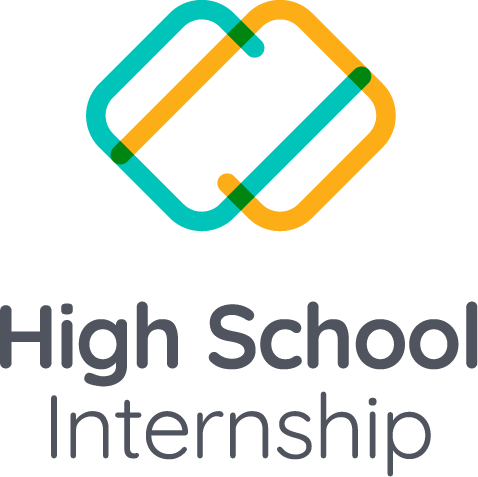It’s never too early to prioritize reflective learning in your classroom or online classes. To boost your student’s learning, incorporating early and frequent reflections can make a big difference. According to Peter Brown, Henry L. Roediger III, and Mark A. McDaniel’s book Make it Stick, “reflection can involve several activities…that lead to stronger learning. These include retrieval (recalling recently learned knowledge to mind), elaboration (connecting new knowledge to what you already know), and generation (rephrasing key ideas in your own words or visually and mentally rehearsing what you might do differently next time).” In addition, frequent reflection brings greater awareness of the skills learned and helps solidify learning experiences.
Setting time for students to reflect and analyze their new knowledge frequently allows them to digest the learning objectives and activities and make it their own, whether through processes and experiences associated with retrieval, elaboration, or generation.
This is also an excellent time for teachers to identify areas where students need more support. Try the following tools and suggestions to help students document, verbalize and share their reflection responsibly:
Students can learn how to build and share their website using My First Website on BSD Online.
They can then customize it as their learning blog. By keeping a reflective journal in this way, students can actively consider the real-world implications of their learning. Scaffold their reflection by using the following guiding questions:
- What are the most interesting discoveries I made today? (It can be about global issues, applicable skills, themselves, new ideas, the community or others)
- What were some of the most challenging moments today? How did I overcome them? What did I learn from this?
- What useful advice did I receive from my peers?
Introduce a learning tool that is familiar to your students.
For example, Flipgrid (https://flipgrid.com/) is like Instagram Stories or Snapchat. Students can create short video blogs (vlogs) and post them into a group they make through your teacher account. Please encourage them to verbalize their new knowledge and align it with what they already know.
Start a forum by posting a statement of inquiry related to the topic/unit on Google Classroom.
This creates a focused and live discussion in and out of class and provides a platform for students who may be less vocal in class to participate.
Give these activities a try, and let us know how you get on. We’d also love to hear any exciting tools and techniques you have used to incorporate reflection into your lessons. Let us know here.

